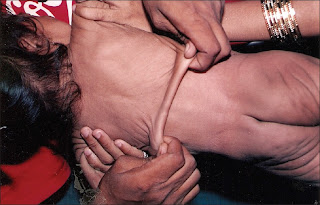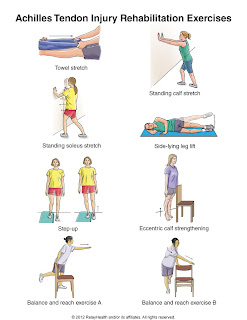Herpes simplex is an infectious viral inflammatory type, which is characterized by the appearance of skin lesions consist of small vesicles grouped in clusters and surrounded by a red halo. It is caused by the herpes simplex virus, or herpes virus hominis, type I (HSV-1) affecting face, lips, mouth and upper body, and type II (HSV-2) that occurs most frequently in genital and bottom of body.2 currently no cure for the herpes.3
However there are several forms of treatment available to reduce symptoms and speed the healing process of injuries, after which the virus persists in a latent form body until the next episode activo.4 recurrence of herpes simplex types to be distinguished from herpes zoster is an entirely different disease entity.
Symptoms
Herpes symptoms can vary. Many infected individuals have few, if any, noticeable symptoms. In people who do have symptoms, the symptoms start 2 to 20 days after the person was exposed to someone with HSV infection. Symptoms may last for several weeks.
The first episode of herpes is usually worse than outbreaks that come later. The predominant symptom of herpes is the outbreak of painful, itching blisters filled with fluid on and around the external sexual organs or, for oral herpes, on or very near the lip. Females may have a vaginal discharge. Symptoms vaguely similar to those of flu may accompany these outbreaks, including fever, headache, muscle aches and fatigue. There may be painful urination, and swollen and tender lymph glands in the groin.
Usually the blisters will disappear without treatment in two to 10 days, but the virus will remain in the body, lying dormant among clusters of nerve cells until another outbreak is triggered. Factors that can trigger an outbreak include stress, illness such as a cold, fever, fatigue, sunburn, menstruation or sexual intercourse.
Many patients are able to anticipate an outbreak when they notice a warning sign (a tingling sensation, called a prodrome) of the approaching illness. It is when they feel signs that an outbreak is about to start that they are particularly contagious, even though the skin still appears normal
Most people with genital herpes have five to eight outbreaks per year, but not everyone has recurrent symptoms. As time goes on, the number of outbreaks usually decreases. Oral herpes can recur as often as monthly or only one or two times each year.
Sores typically come back near the site of the first infection. Usually, as the outbreaks recur, there are fewer sores and they heal faster and are less painful.
Treatment
Really there is no treatment that completely eliminates body HSV infection, since once the virus enters a body, it will always remain in an inactive form with occasional relapses-recurrences-. There are medications that can reduce the frequency of herpes episodes occur, the duration of these and the damage they cause.
Prophylactic treatment is important to the appearance of outbreaks, contribute to the quick recovery and not infect others:
- Keep the infected area clean.
- Do not touch, or touch the sores as little as possible.
- Wash hands thoroughly before and after contact with the sores.
- In case of genital herpes, avoid sexual contact since the first symptoms appear until the eruptions have been cured.
- In case of cold sores, avoid direct contact to other people with the infected area since the first symptoms appear until the eruptions have been cured.
- Herpes simplex usually responds to topical acyclovir. It is even more effective derivatives acyclovir tablets or orally. If herpes simplex recurrences are common and affect quality of life, then you can give acyclovir or valacyclovir orally every day, what is known as suppressive therapy.






.jpg)






